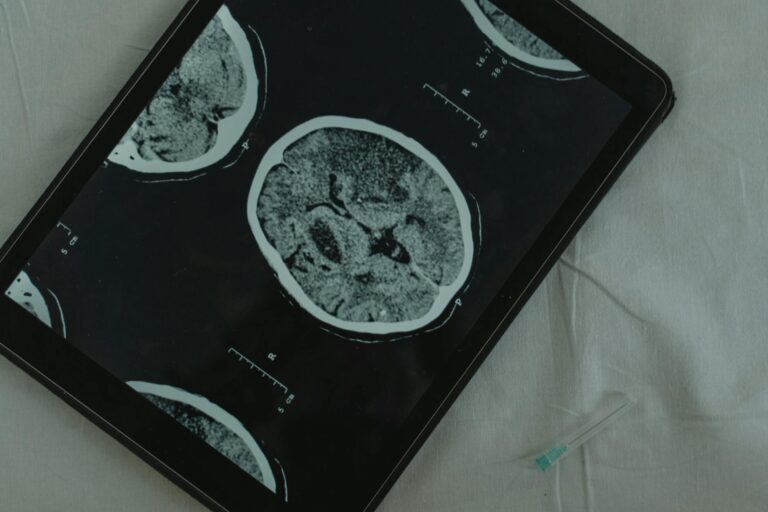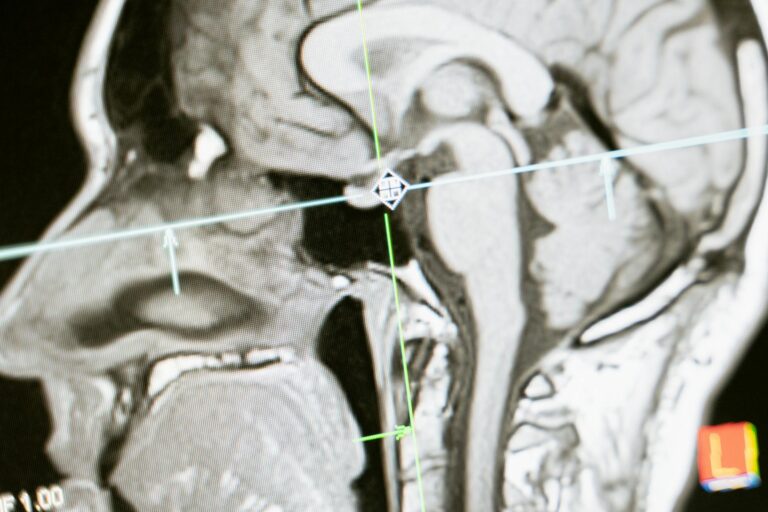Dementia is a debilitating neurological condition that affects millions of people worldwide. It is characterized by a decline in cognitive function, memory loss, and behavioral changes. While dementia primarily affects the brain, it can also have a significant impact on other areas of the body, including vision and eye health.
According to the World Health Organization, there are currently 50 million people living with dementia, and this number is expected to triple by 2050. As the population ages, the prevalence of dementia is also increasing. This means that more and more people will be affected by the impact of dementia on their vision and eye health.
The Link Between Dementia and Vision
One of the common symptoms of dementia is changes in vision. This can range from difficulty with depth perception and contrast sensitivity to difficulty identifying colors and objects. As the disease progresses, individuals may also experience visual hallucinations and visual agnosia, which is the inability to recognize familiar objects or faces.
These changes in vision can be frustrating and disorienting for individuals with dementia, as well as their caregivers. It can affect their ability to perform daily activities such as reading, cooking, and even getting dressed. This can lead to increased dependency and a loss of independence for those living with dementia.
Impact on Eye Health
In addition to changes in vision, dementia can also have a direct impact on eye health. Studies have shown that individuals with dementia have a higher risk of developing eye conditions such as cataracts, glaucoma, and age-related macular degeneration (AMD). These conditions can further impair vision and make it even more difficult for individuals to carry out daily tasks.
Moreover, individuals with dementia may have difficulty communicating their symptoms or seeking help for eye problems. This can delay diagnosis and treatment, leading to further deterioration of their eye health. As a result, it is crucial for caregivers and healthcare providers to be vigilant about monitoring the eye health of individuals with dementia.
The Consequences of a Data Breach
In recent years, there has been an increasing number of data breaches in the healthcare industry. This has raised concerns about the security and privacy of sensitive medical information, including that of individuals with dementia.
In the event of a data breach, the personal and medical information of individuals with dementia can be compromised. This can include their name, date of birth, medical history, and any prescribed medications. This sensitive information can then be used for identity theft or other malicious purposes.
Moreover, individuals with dementia may not be aware that their personal information has been compromised, making them even more vulnerable to fraud and scams. This can also lead to a breach of trust between patients and their healthcare providers, as well as a decrease in confidence in the healthcare system.
Preventing Data Breaches in Dementia Care
It is crucial for healthcare providers and caregivers to take steps to prevent data breaches in dementia care. This includes implementing robust cybersecurity measures to protect sensitive medical information, regularly updating software and systems, and providing training to staff on how to handle personal information securely.
Furthermore, it is essential to educate individuals with dementia and their caregivers about the importance of protecting personal information and recognizing potential scams. This can include avoiding sharing personal information over the phone or online and being cautious when receiving unsolicited emails or calls requesting personal information.
In addition, healthcare providers should have strict protocols in place for reporting and addressing data breaches if they do occur. This can help mitigate the impact of a breach and protect the personal information of individuals with dementia.
Conclusion
Dementia can have a significant impact on vision and eye health for individuals living with the disease. Changes in vision can lead to a loss of independence, while the direct impact on eye health can further impair their ability to carry out daily tasks. In addition, data breaches in dementia care can compromise sensitive medical information and have serious consequences for individuals with the disease. It is crucial for healthcare providers and caregivers to take steps to prevent breaches and protect the personal information of those living with dementia. By providing proper education and implementing robust cybersecurity measures, we can ensure the safety and well-being of individuals with dementia.





